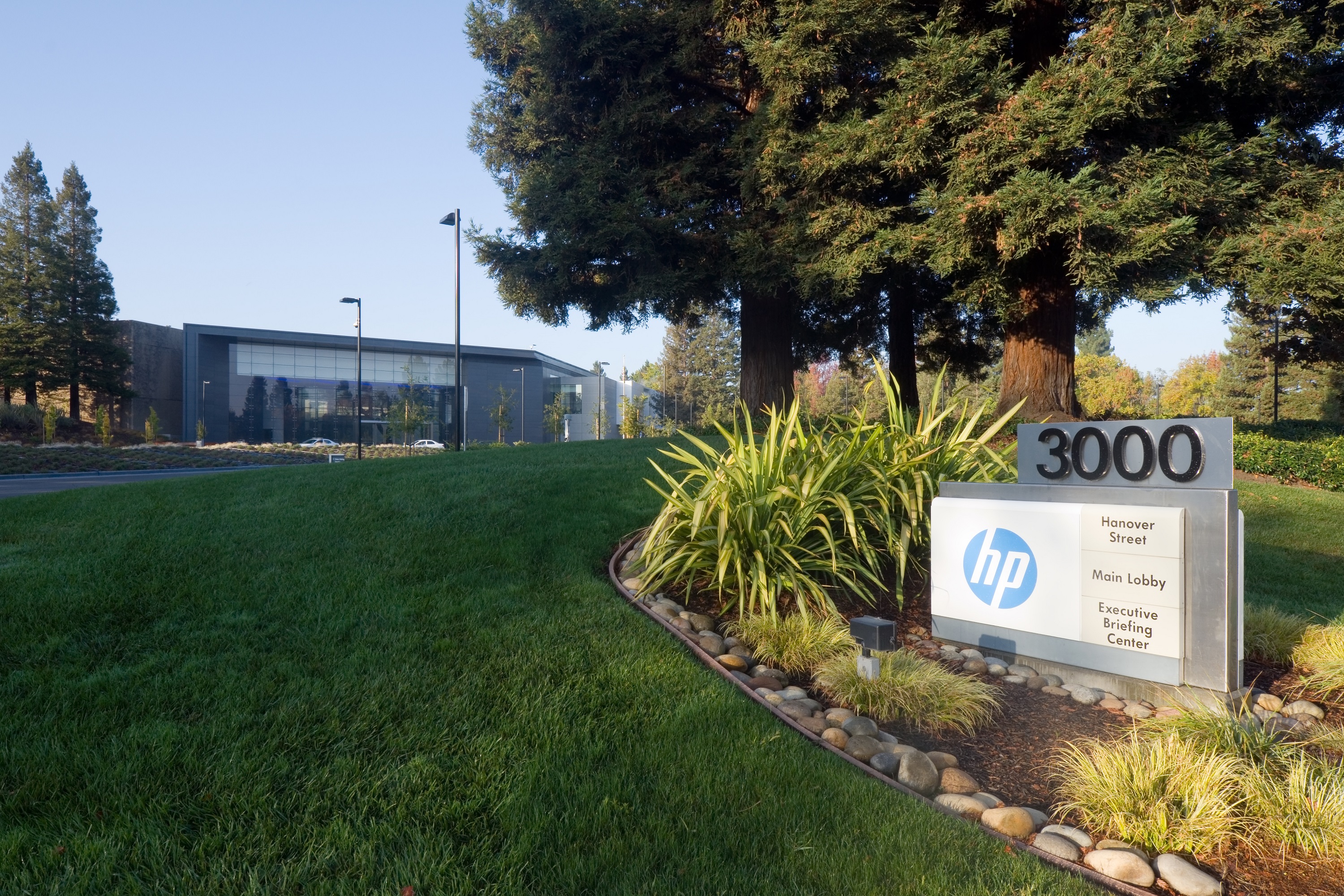HP denies public cloud exit, but admits it can't compete on IaaS
HP will keep running its public OpenStack cloud, but only to support hybrid strategy

Sign up today and you will receive a free copy of our Future Focus 2025 report - the leading guidance on AI, cybersecurity and other IT challenges as per 700+ senior executives
You are now subscribed
Your newsletter sign-up was successful
HP is not quitting the public cloud business, despite admitting it can’t go “head-to-head” with Amazon, Google and Microsoft.
The firm's head of cloud computing, Bill Hilf, told the New York Times the tech giant isn’t competing with the biggest public cloud players as cloud storage becomes an ever cheaper commodity.
“We thought people would rent or buy computing from us,” Hilf told the publication. “It turns out that it makes no sense for us to go head-to-head.”
Amazon Web Services (AWS) and its closest competitors are all thought to be losing money in a bid to undercut each other’s offerings, and HP appears to have decided it’s had enough of trying to keep up.
The admission comes four months after HP’s EMEA CTO, David Chalmers, told Cloud Pro that IaaS is a “race to the bottom”.
He said at the time: “We have the public offering in the US but it’s a three horse race. It’s fascinating to look at.
“Everybody’s losing money, all three of them are suspected of losing money. That’s why we’re not in that space.”
Sign up today and you will receive a free copy of our Future Focus 2025 report - the leading guidance on AI, cybersecurity and other IT challenges as per 700+ senior executives
But HP says it has no plans to ditch its OpenStack-based Helion Public Cloud service – only available in the US – seeing it as a useful part of its cloud strategy, which has long been hybrid-focused.
An HP spokesperson said in a statement: "HP is not leaving the public cloud market. We run the largest OpenStack technology-based public cloud out there. This has to do with not competing head-to-head with the big public cloud players.”
Cloud Pro understands the firm tests new software in its public cloud IaaS, and still offers it to hybrid customers keen to use HP for all their cloud services.
But it’s long conceded dominance in public cloud to AWS - its acquisition of Eucalyptus, a startup selling software to integrate private clouds with AWS, last September, enables customers to throw data into the big public IaaS in addition to running their HP private cloud.
Hilf told the NYT that HP is shifting to focus on selling hardware and software bundles similar to Oracle’s engineered systems.
He said: “Meg has put out a charter that will make truly engineered systems that we build top to bottom for customers.”
The news comes just six months before HP plans to split into two separate companies – HP Enterprise will comprise cloud, servers, enterprise software and business-focused services, while HP Inc will comprise printers and PCs.
The announcement that HP isn’t interested in competing with AWS et al could be seen as a peek over the horizon into how the firm sees the shape of HP Enterprise to come, and it's not too much of a surprise to learn a big public cloud offering isn't on the agenda.
-
 Agile methodology might be turning 25, but it’s withstood the test of time
Agile methodology might be turning 25, but it’s withstood the test of timeNews While Agile development practices are 25 years old, the longevity of the approach is testament to its impact – and it's once again in the spotlight in the age of generative AI.
-
 Will a generative engine optimization manager be your next big hire?
Will a generative engine optimization manager be your next big hire?In-depth Generative AI is transforming online search and companies are recruiting to improve how they appear in chatbot answers